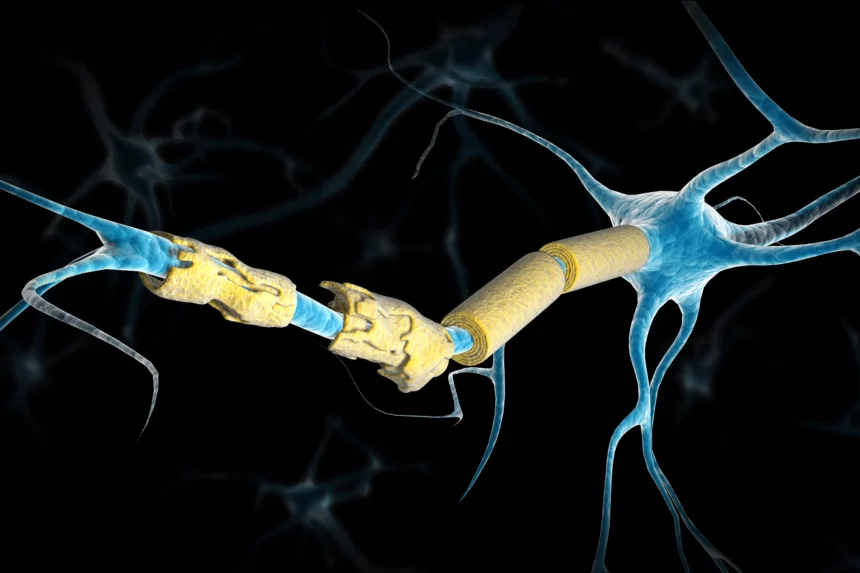At the University of Basel, researchers have been able to predict the path of the disease multiple sclerosis by using a novel biomarker.
According to the study in JAMA Neurology, a cell component measurable in the blood known as astrocytes may play a key role in multiple sclerosis processes. By studying a blood level known as glial fibrillary acidic protein (GFAP), researchers may be able to indicate current and future progression of multiple sclerosis.
What the study determined: “In this cohort study of 355 patients and 259 healthy controls (contributing 737 and 485 serum samples, respectively), elevated sGFAP z scores (corrected for confounding factors age, sex, and body mass index) identified current disease progression and were associated with future disease progression but not with acute inflammation.”
“Results suggest that sGFAP is more strongly associated than sNfL with disease progression in multiple sclerosis, a finding that has clinical implications for patient management and development of novel drugs.”


